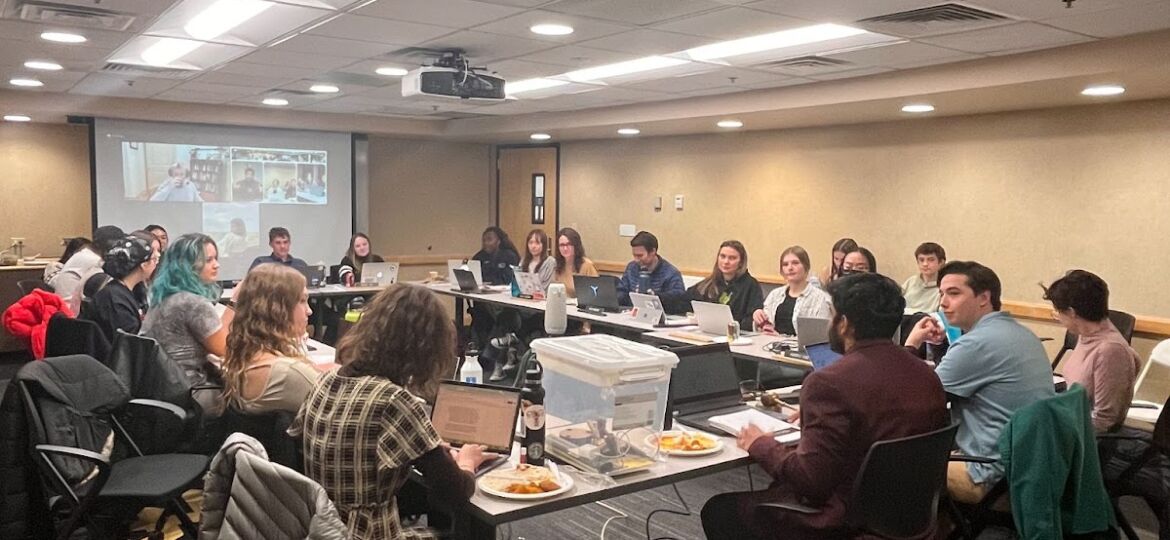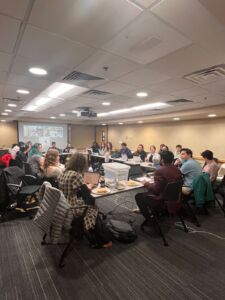
CUSG passes legislation to support fossil free CU
During the UN Climate Summit week at CU, CUSG unanimously passes to support Fossil Free CU.

CUSG Legislative Council passed legislation in support of fossil free at CU during the second reading of the legislation at the weekly meeting on Thursday, Dec. 8.
“CU Boulder invests millions of dollars in the fossil fuel industry, thus contributing to this ongoing problem. Recently, the BFA has voted to devise a plan for divesting from fossil fuels by 2027, which aligns with the Fossil Free CU mission which calls for CU Boulder to divest from fossil fuels and reinvest in a just energy transition in their petition,” the legislation reads.
The Environmental Board, a joint board of CUSG and a representative of the Environmental Center at CU, has officially endorsed Fossil Free CU and their mission.
Fossil Free is a student group on campus advocating for CU’s transition away from fossil fuel investments and support investing in a just energy transition, according to their website.
The legislation calls on the university to take steps to divest from fossil fuels in alignment with CU’s vision of being a “leader in addressing the humanitarian, social, and technological challenges of the twenty-first century,” according to the legislation.
The legislation was met with some pushback from members of the council during the first reading last Thursday, Dec. 1. Graduate and Professional Student Government (GPSG) Senator Jake Carias claimed that the bill felt “incomplete” and pushed for more background information regarding Fossil Free CU and their goals.
During the second reading of the legislation, Carias stated the updated version of the legislation had adequate information for it to pass.
The updated version of the legislation includes a climate justice section. “Climate change disproportionately affects those who are marginalized on the basis of their race, class, and gender,” the legislation reads.
“Climate change will make poverty reduction more difficult and erode food security, especially in areas which are already hotspots of hunger. It is also projected to increase displacement of people, particularly in countries of the Global South with low incomes.”
Members are hoping to carry forward the conversation surrounding climate justice, diversity and showing physical presence in support of those issues at the Board of Regents meeting now that the legislation has passed.
The legislation, authored by Representative-at-Large and Legislative Council Chief of Staff Jess Alschuler, was passed unanimously.

